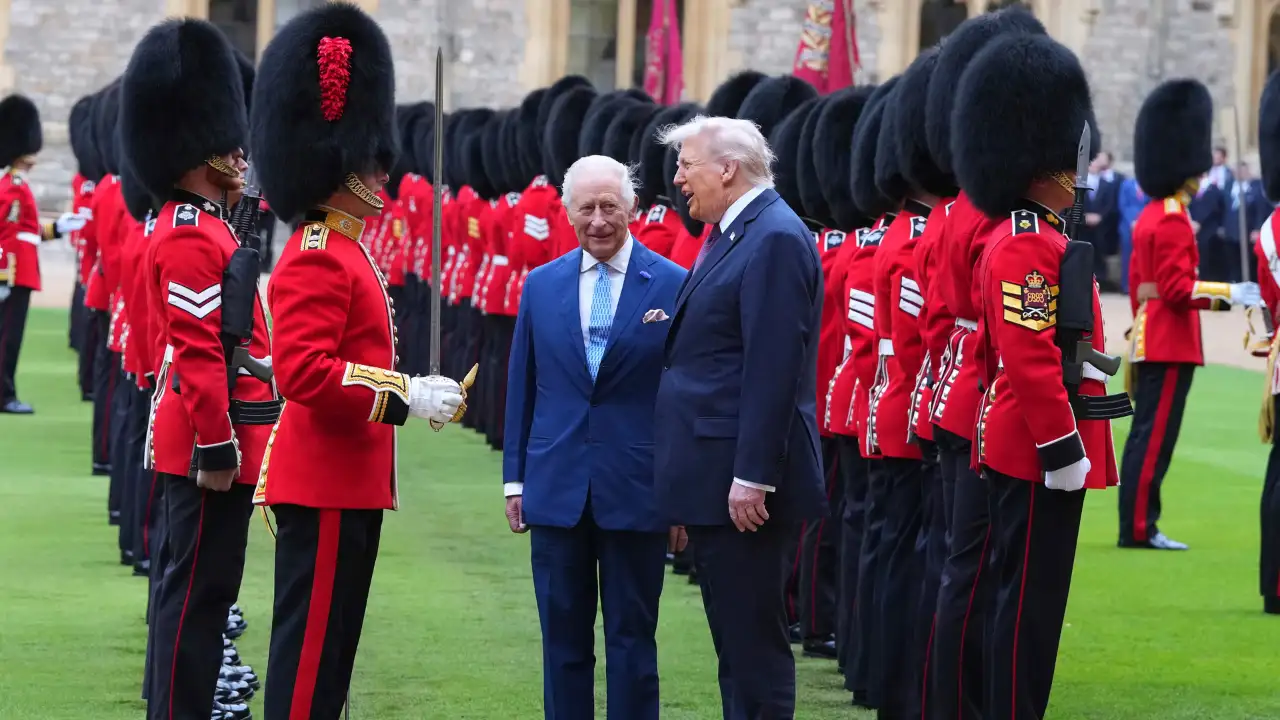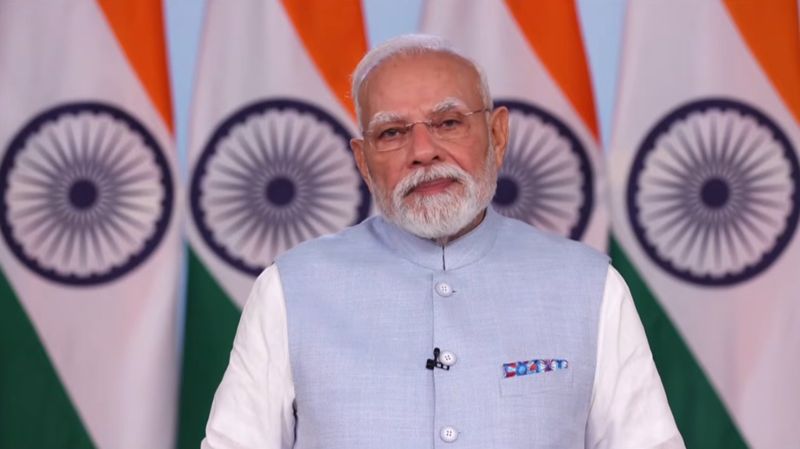By Terence J Sigamony
Copyright brecorder

ISLAMABAD: The Supreme Court found that the adjudicatory authority exercised by Military Courts over civilians does not infringe the constitutional doctrine of separation of powers when it is narrowly defined and legislatively prescribed. “Article 175 (3) is not offended by the existence or operation of Military Courts within their legal remit. The impugned judgment erred in concluding otherwise,” added the detailed judgment issued by the apex court.
A seven-judge Constitutional Bench, headed by Justice Aminuddin Khan, and comprising Justice Jamal Khan Mandokhail, Justice Muhammad Ali Mazhar, Justice Syed Hasan Azhar Rizvi, Justice Musarrat Hilali, Justice Naeem Akhtar Afghan and Justice Shahid Bilal Hassan, on May 7, 2025 by majority of 5-2 set aside the SC judgment and restored Section 2 (1) (d) and Section 59 (4) of Pakistan Army Act, 1952.
The government and Parliament have been urged to undertake the necessary amendments or enact suitable legislation in the Pakistan Army Act, 1952, and allied rules within a period of 45 days to provide an independent right of appeal in the High Courts against convictions rendered by Court Martial or Military Courts in respect of offences under sub-clauses (i) and (ii) of clause (d) of subsection (1) of Section 2, read with subsection (4) of Section 59 of the Pakistan Army Act, 1952.
The judgment said that while Article 10A of the Constitution does not apply in this context due to the express exclusion under Article 8 (3) (a), it remains relevant as a constitutional expression of fair trial norms. Though not enforceable as a fundamental right in military contexts, Article 10A illustrates the broader constitutional vision of justice.
More crucially, Article 4 of the Constitution, which applies universally and guarantees that every individual shall be treated in accordance with law, operates as a procedural due process clause and provides a firmer constitutional anchor for evaluating fairness in military proceedings involving civilians.
This obligation is further reinforced by Article 14 (5) of the ICCPR, to which Pakistan is a State party, mandating that all persons convicted of a criminal offence shall have the right to their conviction and sentence being reviewed by a higher tribunal according to law. The judiciary must thus ensure that the military justice system incorporates at least a minimum content of procedural fairness consistent with these normative sources, particularly when applied to civilians.
However, as recognised in the present appellate proceedings, procedural protections in statute and their effective application in practice are not synonymous. It is one thing for a law to contain provisions that mirror due process standards; it is another for those protections to be dispensed by a forum possessing the structural and institutional independence necessary to meet the standards of constitutional justice.
The Court held that although Article 10A of the Constitution does not apply directly to the Pakistan Army Act due to the exclusion provided by Article 8 (3) (a), the minimum standards of fairness and procedural justice are nonetheless embedded within Article 4 of the Constitution, which affirms that every individual shall be dealt with in accordance with law. These standards also find reinforcement in Pakistan’s international obligations under Article 14 of the International Covenant on Civil and Political Rights (ICCPR), which mandates that persons charged with criminal offences must have the right to a fair hearing by a competent, independent, and impartial tribunal established by law.
It noted that Article 10A, though inapplicable as an enforceable right under Article 8 (3) (a), offers useful guidance on what constitutes a fair trial. It reflects the constitutional vision of justice that, while not directly binding in this instance, serves as a normative compass. Therefore, trials under the Army Act, though constitutionally placed outside the formal fundamental rights regime, must nevertheless adhere to the core elements of procedural fairness as articulated under Article 4 and the ICCPR.
The Court held that while the procedural framework under the Army Act includes formal due process protections, the absence of an independent right of appeal to a civilian court renders its application to civilians constitutionally incomplete. The provisions are not inherently unconstitutional, but this deficiency requires legislative intervention. This Court; therefore, refers the matter to Parliament for the enactment of appropriate amendments, with the expectation that such institutional deference will be accorded due respect.
Copyright Business Recorder, 2025



